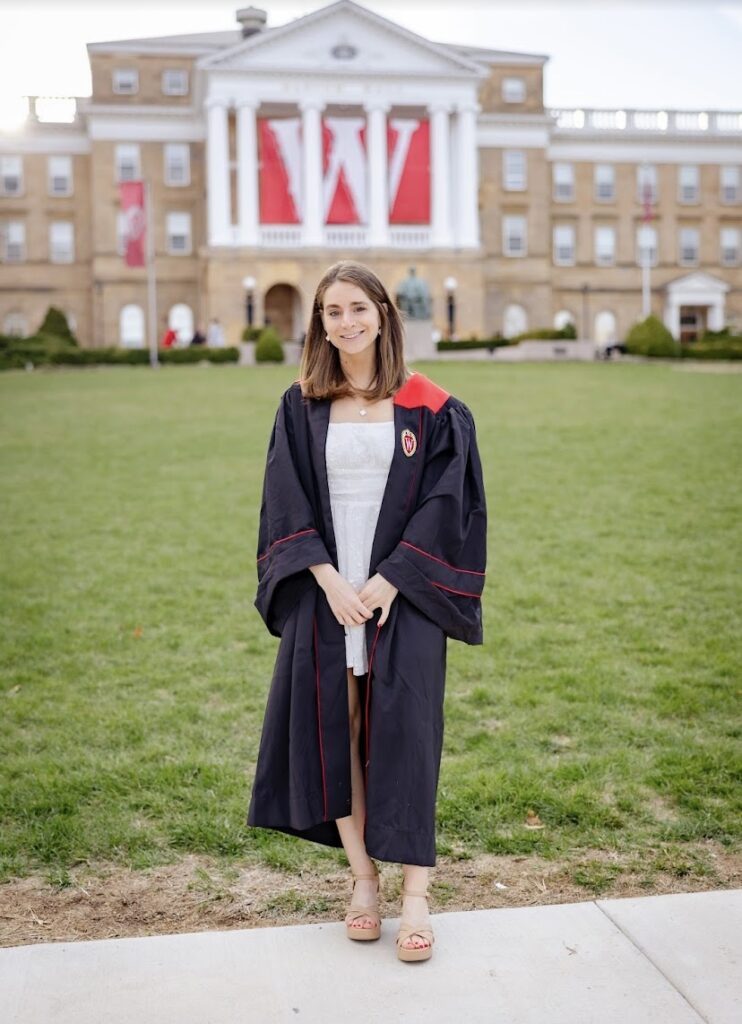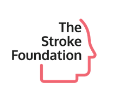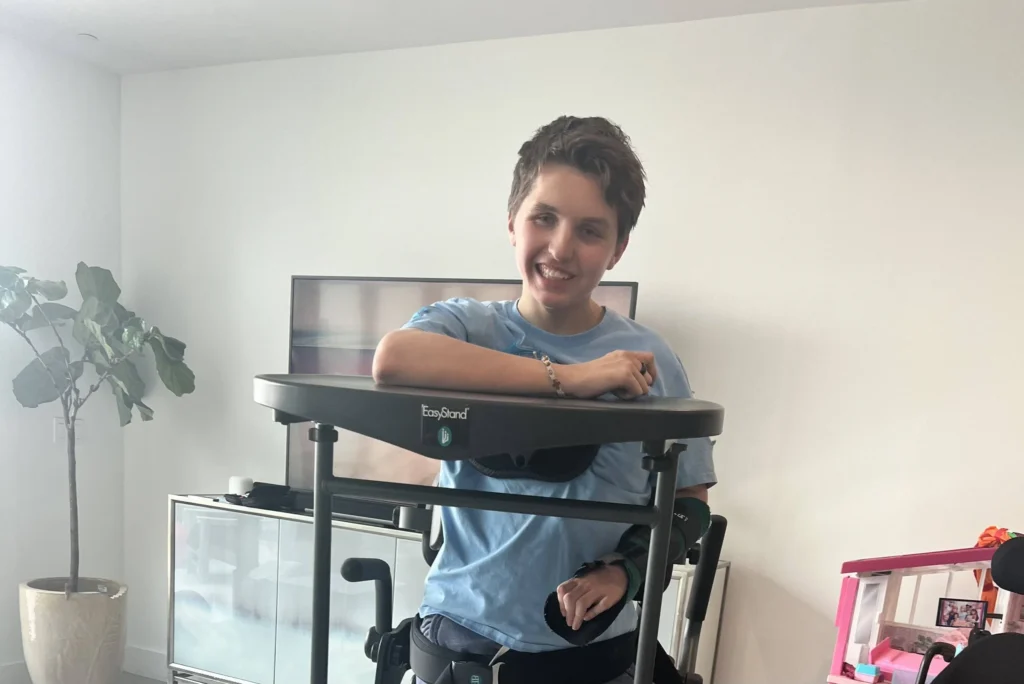Every survivor’s story is a source of strength, hope, and insight. We’re honored to share the story of a courageous young woman who experienced a life-changing stroke. Her resilience, determination, and wisdom are a powerful reminder of how strong the human spirit can be.
Tell us your story…
“I was studying abroad in London for my spring semester. During my semester, I was traveling to different countries, taking classes, and had a public relations communication internship,” she shared. “It was amazing and eye opening to see the world, but I was exhausted every week.”
After a trip to Sweden, she began experiencing intense headaches. “For the whole month of March I had constant throbbing headaches,” she recalled. Then, on April 4th, everything changed.
“I woke up and went to my first class and realized I could not use my words to make sentences. I could text words to my mom but the sentences did not make sense.”
What followed was a confusing and frightening journey across multiple clinics in London. “The nurses did not know why I was having headaches and could not use my words. Finally we went to a bigger hospital and I was very tired. At the 3rd location, I passed out.”
She later learned that she had experienced a seizure, a blood clot, and a stroke, which resulted in aphasia—a communication disorder she continues to work through with therapy and determination.
A Medical Crisis Far from Home
Her parents rushed from Wisconsin to London, where she underwent a craniectomy in the hospital. She remained in a coma for 20 days.
“When I first realized that I was in a hospital, I was confused to see my parents standing next to me,” she said. “I thought that my parents were just visiting because I was in the hospital after having a headache. I had no sense of time, day, or where I was.”
Though she was physically able to walk and use her arms, she faced many restrictions. “Independence was my hardest battle,” she reflected. “For example, I physically could shower, but a nurse had to watch me to make sure I did not fall. I wanted to sleep, but nurses would wake me every few hours.”
Communication challenges added to her frustration. “I did not know how to say the word ‘apple.’ My first word after my stroke was ‘oat.’ I wanted oatmeal, and a patient was eating it. I showed the oatmeal box to my mom. She said ‘oh oatmeal’ and I said, ‘yes oat!’”
After being transferred to a different clinic in London, she finally returned home on June 3rd, flying back to the U.S. with a nurse. In the U.S., she had a cranioplasty, where doctors added a plate to her skull. After the two surgeries, she wore multiple wigs, scarves, and hats because she wanted to disguise herself. Along with the physical change of losing her hair and new brain, she began to realize that her college experience, and her life, would not follow the typical path.
In addition to speech therapy, she took a class to see what it would be like to be in a classroom again and worked as a host at a restaurant to improve her speech as well as interact with people.
Finding Strength in Positivity and Movement
When asked what advice she would offer to another stroke survivor in recovery, her response was heartfelt and wise:

“Your attitude is extremely important because it’s the only thing you can control. There will be a lot of uncertainty… But you can control your attitude. Maintaining a positive outlook and being thankful for what you have can help you recognize that others may be facing even greater challenges. Remember, you survived! Also, embrace the chaos. Everything is not normal, but if you can recognize this, you can be aware of the changes in your life.”
“Exercising was very helpful for me to clear my thoughts,” she shared. “When the doctors said that I could walk myself, it felt so freeing. Eventually, I could run around my neighborhood. This fall, I ran a 10K—6.2 miles!”
Music also became a critical part of her recovery. “Music helped me to say words out loud, and this was a fun way to regain my cognitive strength. I love many genres from pop, rap, and broadway musicals.”
Finally, her grand-aunt gave her the book My Stroke of Insight by Jill Bolte Taylor, a stroke survivor, Harvard-trained neuroanatomist, and author. Hannah believes stroke survivors and caregivers should read it to understand neuroplasticity—the brain’s ability to heal and adapt. The book explains how survivors can improve their well-being and regain control over their lives. She also recommends it to everyone, as it offers powerful insights into how the brain works and how closely it’s connected to our mental and emotional health. It encourages readers to tap into the power of their own minds to support healing and personal growth.
This survivor’s journey is one of courage, tenacity, and growth. Her story reminds us that even in moments of profound challenge, healing is possible—and community, therapy, and mindset can make all the difference.




